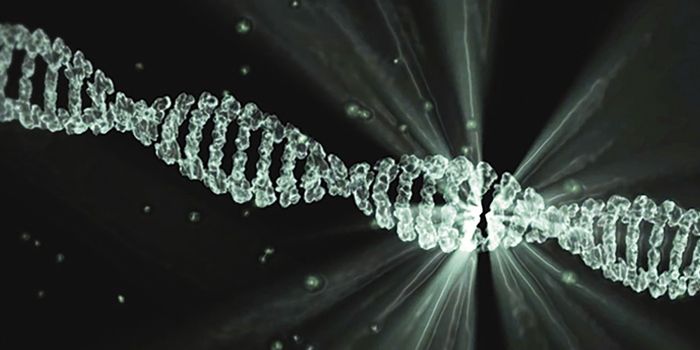Aging Processes may be Altered by Early-Life Experiences
The functions of cells are dictated by the genes that are active or expressed in those cells, and many things can influence gene expression. Active genes are transcribed into RNA, and gene transcription can be impacted by a variety of factors, including molecules called transcription factors. Cells can also develop a kind of memory of the transcriptional response to some event, and that memory can affect how the gene is transcribed in the future. New research has sought to explore how transcriptional memory might be affecting aging, even over lengthy biological time periods.
Reporting in Nature Aging, scientists have used a fruit fly model to show that experiences that occur in early life can influence how genes are expressed later in life, even to the point of impacting how those flies age. The memory of transcription appears to persist over the entire course of the organism's lifespan, in the case of certain genes in this model. Because fruit flies have a lot in common with humans from a genetic standpoint, this phenomenon may also be happening in humans, though more research would be needed for confirmation. If it is something people experience, it would offer a new opportunity for therapeutics that ease the aging process.
“Health in old age partially depends on what a person experienced in their youth or even in the womb. Here, we have identified one way in which this happens, as changes in gene expression in youth can form a memory that impacts health more than half a lifetime later,” suggested lead study author Dr. Nazif Alic of the University College London's Institute of Healthy Aging.
Previous work by this team has shown that when fruit flies are fed a diet high in sugar in early life, they go on to have a shorter lifespan than flies that don't get the high sugar diet, even if the high sugar flies get a diet that is lower in sugar in adulthood. The high sugar diet was found to be inhibiting the dFOXO transcription factor, which can influence longevity and is related to glucose metabolism.
In this study, the researchers directly increased dFOXO expression for three weeks in adult female fruit flies. This early-adulthood experience changed chromatin, the packaged form of DNA, with its associated proteins. Chromatin can affect gene expression, in part because of how easy or difficult it is to physically access certain portions of the genome.
The increase in dFOXO expression lengthened the lifespan of the affected flies, and improved their health later in life, in part through changes in the expression of other genes.
The researchers suggested that this process also occurs in humans. “What happens early on in an animal or person’s life can affect what their genes do late in life, for better or for worse. It may be that a poor diet early in life, for example, could impact our metabolism later in life by tweaking how our genes are expressed, even after substantial dietary changes over the years – but fortunately, it may well be possible to reverse this," said Alic.
Sources: University College London, Nature Aging









